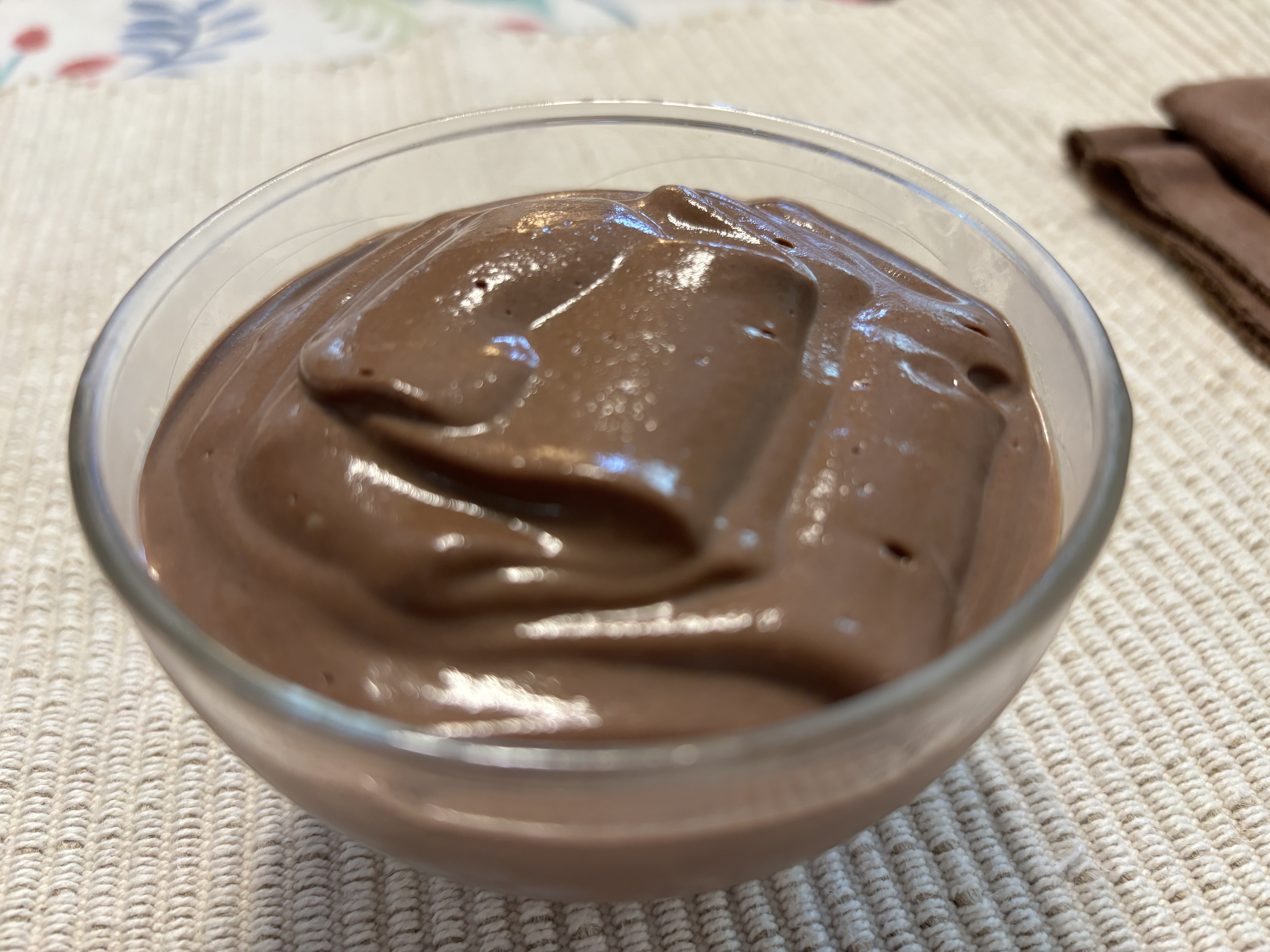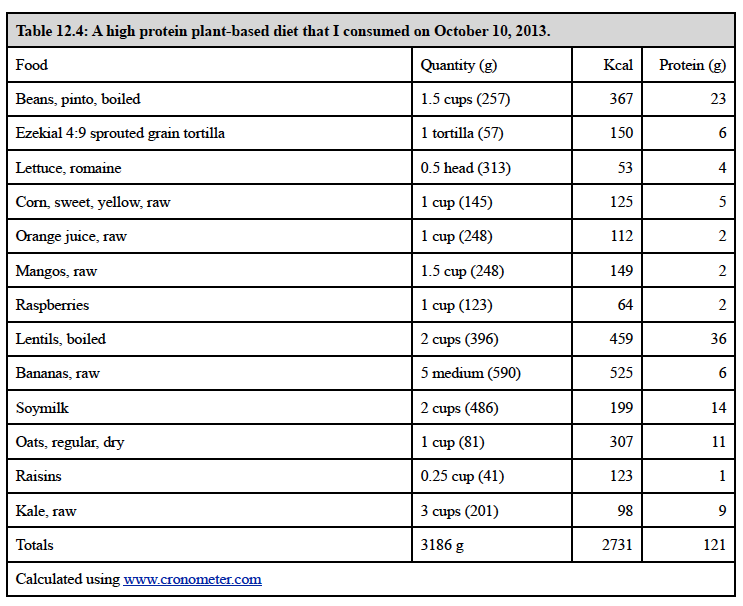Foods for Strength and Health
Choosing foods for strength and health is really pretty simple...
Natural whole foods that are delicious, highly nutritious, and low in toxins are best for both health and strength. What are they?
Botanical Fruits
Comparative gut measurements of primate species including humans demonstrate that the human gut is not specialized for meat-eating and that humans are by nature unspecialized frugivores.
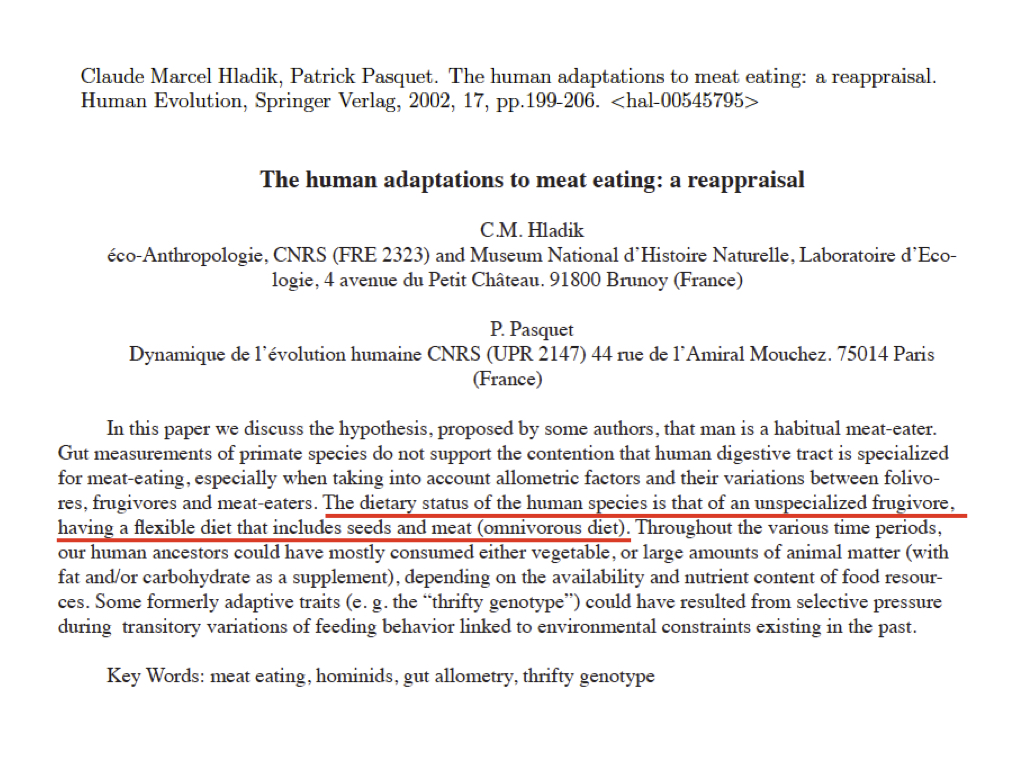
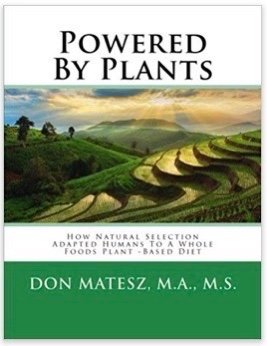 |
As I thoroughly demonstrated in my book Powered By Plants, not only the our digestive system but also our senses, hands, lower limbs, reproductive, metabolic, and nervous systems all indicate that we are designed to eat a plant-based diet. Further, Nature endowed us with intelligence, which includes a faculty of conscience, which gives us the ability feel the pain of others and to first, sense, and second, know the objective difference between right and wrong behavior. |
|
Our conscience causes us to have a natural desire to avoid harming any creature that can, like us, feel pain. As noted by David Frawley in his excellent book Ayurveda and The Mind, since conscience is a function of intelligence, "The more intelligent we are, the stronger a conscience we have and the less we seek to interfere with others or impose our will upon them." Since one can't eat animal products without imposing one's will on and causing harm to animals, truly intelligent people avoid eating animal products to keep their conscience clear. |
|
"And God said [to man], 'See, I have given you every herb that yields seed which is on the face of all the earth, and every tree whose fruit yields seed; to you it shall be for food.'" Genesis 1:29 |
As frugivores by Nature, we should make fruits and nutritionally similar foods (such as roots and tubers) the foundation of our diets. Botanical fruits include fleshy and dry types:
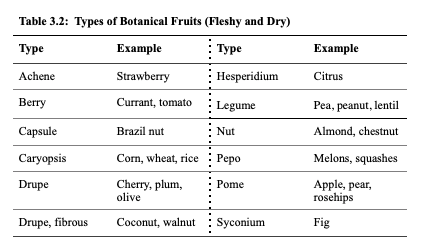
As shown, grains and legumes as well as many items commonly considered vegetables (squashes, tomatoes, cucumbers) are actually types of fruits.
Many people fall for the claim that grains and legumes are toxic to humans. I'm ashamed to admit that I did. This claim is generally supported by slick but ultimately illogical arguments.
Many plants have a highly successful reproductive strategy that involves producing delicious and highly nutritious seed-bearing fruits; these invite animals to consume the fruits and in the process distribute the seeds, often with a bit of fertilizing manure. If the fruits were toxic, animals would quickly learn to avoid the fruits and the plants' purpose would not be served.
Further, no civilization can be built on toxic foods. The simple fact that literally billions of people sustain their lives on diets consisting largely of cooked grains and legumes clearly refutes the claim that these foods are toxic.
The arguments against grains and legumes consist of getting you to pay attention to minutiae –– the invisible alleged anti-nutrients in the grains –– to hypnotize your mind so that you don't see the fact right in front of you –– the billions of people living on these supposedly toxic foods.
Unlike canines, cats and other non-human carnivores, all of which are relatively color blind, we have color vision. This has the primary purpose of enabling us to detect ripe fruits.
Unlike other carnivores and like other primates, we have a strong taste for the sweet flavor, which in Nature is provided by grains, fruits, honey and saps of trees. The only purpose of this sweet taste is to guide us to find and consume sweet foods.
Cereal grains and legumes are among the most widely spread of all plants because they provide food for so many animals, including humans. These plants provide their fruits to us, and by agriculture we have helped the cereal grains and legumes spread across the earth to occupy vast amounts of arable land.
Many underground portions of plants – roots and tubers – are also rich in sweet-tasting starches and sugars and low in bitter-tasting chemicals.
Good foods for strength and health
According to the principles of yoga and Ayurveda, the world's oldest medical system, foods can be divided into three basic types:
- Sattvic foods that support physical health and strength and mental clarity, stability and peace without inducing side effects, including whole grains, legumes, fruits, vegetables, nuts, and seeds.
- Rajasic foods that in excess agitate the body and mind, such as spices, coffee, tea, and salt.
- Tamasic foods that cause physical lethargy and mental dullness, including meat, eggs, aged cheese, alcohol, and stale, highly processed foods, overcooked, reheated, and dried foods.
Sattvic foods support physical health and strength and spiritual development. Rajasic foods are prone to overstimulate the body and mind causing restlessness and aggression so should be limited. Tamasic foods promote disorder and disease of body and mind.
According to Ayurveda and yoga sciences, if you want to achieve not only physical health and strength but also moral and spiritual excellence, the best foods are those that we find delicious, easily digestible and highly nutritious, including:
- Fruits of all types, including both dry starchy or oily fruits – such as winter squashes, grains, legumes, nuts and seeds – and fleshy sweet fruits – such as apples, oranges, and blueberries.
- Roots and tubers, such as potatoes, sweet potatoes, and yams
- Vegetables, particularly those in the cabbage and onion families, mostly cooked or fermented.
A diet consisting of a broad selection of cereal grains, legumes, nuts, seeds, fruits, vegetables, and B-12 producing microbes (all vitamin B-12 on Earth is produced by microbes) can meet all essential nutrient requirements. In addition, it can be easily produced locally and even by a family on their own land. It can give people freedom from diet-related diseases, freedom from the merchant system, and support personal spiritual evolution and liberation (moksha).
The optimum proportions will vary from person to person. Each person needs to find his/her own sweet spot, which may even vary from time to time, depending on physiological needs and goals.
Eat tasty natural foods for strength and health!
Recent Articles
-
Ancient Roman Soldier Diet
Apr 14, 25 05:19 PM
A discussion of the ancient Roman soldier diet, its staple foods and nutritional value, and a vegan minimalist version. -
High Protein Chocolate Tofu Pudding
Jul 01, 24 12:41 PM
A delicious high protein chocolate tofu pudding. -
Vegan Macrobiotic Diet For Psoriasis
Sep 05, 23 06:36 PM
Vegan macrobiotic diet for psoriasis. My progress healing psoriasis with a vegan macrobiotic diet. -
How Every Disease Develops
Aug 04, 23 06:22 PM
How every disease develops over time, according to macrobiotic medicine. -
Why Do People Quit Being Vegan?
Jun 28, 23 08:04 PM
Why do people quit being vegan? How peer pressure and ego conspire against vegans. -
Powered By Plants
Mar 16, 23 08:01 PM
Powered By Plants is a book in which I have presented a lot of scientific evidence that humans are designed by Nature for a whole foods plant-based diet. -
Carnism Versus Libertarianism
Dec 30, 22 01:55 PM
Carnism Versus Libertarianism is an e-book demonstrating that carnism is in principle incompatible with libertarianism, voluntaryism, and anarchism. -
The Most Dangerous Superstition Book Review
Nov 15, 22 08:46 PM
Review of the book The Most Dangerous Superstition by Larken Rose.

